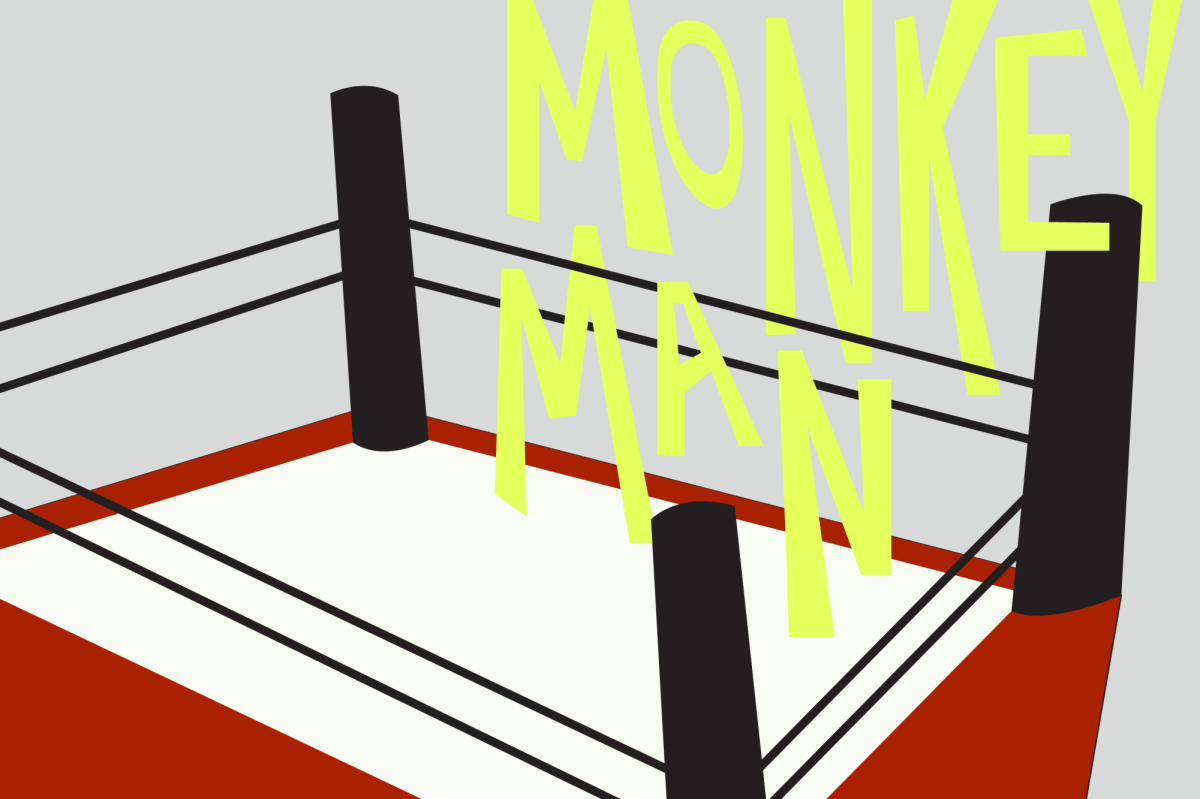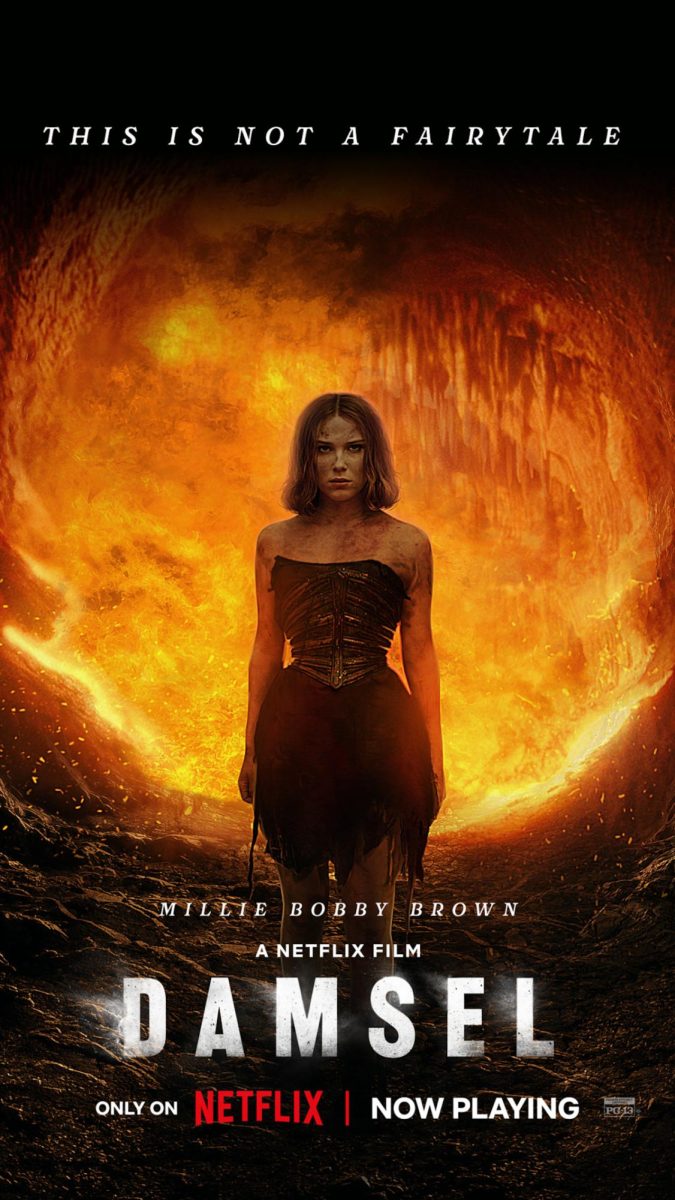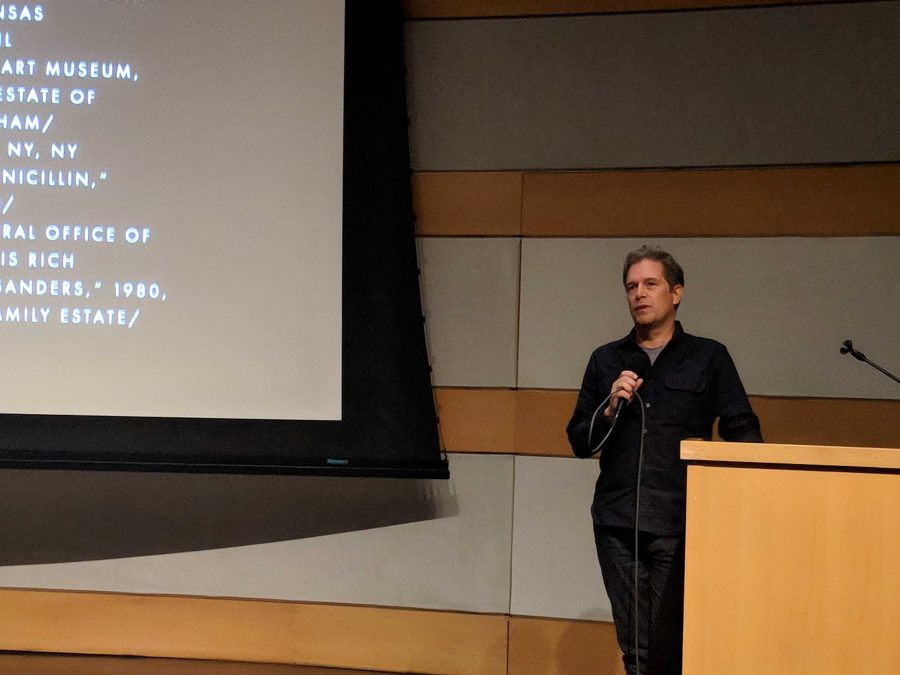The new documentary “Eating Animals” saw its theatrical release this past summer. The film, directed by Christopher Dillon Quinn, is another in a long line of food documentaries aimed to make us think critically about where our food comes from.
“Eating Animals,” narrated and produced by vegan actor Natalie Portman, provides a thorough history of farming in America. It explains how we went from small, family-owned businesses, to the massive, confined animal feeding operations we refer to as factory farming. Through interviews with farmers, professors of environmental science and government officials, as well as beautiful and poignant cinematography, the film is a compelling piece about the ramifications of agribusiness.
What I think is most compelling about the film is the film’s take away. “Eating Animals” isn’t a vegan manifesto — it never once tells the viewer to stop eating meat. The takeaway is simply how our current system for raising animals isn’t sustainable and something needs to change.
Sure, the film suggests including more plant-based options in your diet and touches on how these options have improved vastly over the years. Products like Beyond Meat are almost indistinguishable from their cheap meat counterparts. But the film’s focus isn’t just on the moral implications of factory farming. A huge focus is on the environmental impact of confined animal feeding, the health ramifications for both animals and humans and the effect on farmers who work for corporations such as Perdue and Tyson.
After watching the film, some facts stuck with me. Animal agriculture accounts for 14 percent of greenhouse gases contributing to climate change. The widespread use of antibiotics on farms is exacerbating the world’s “superbug” problem. Corporations reward farmers for efficiency at the expense of their colleagues and many go into debt in the process.
Aspects of the film hit especially hard in the wake of Hurricane Florence. Farmers are not always able to evacuate animals during natural disasters. In addition to the loss of life (estimates from hurricane Florence have the animal death toll up to 3.4 million), the lagoons of pink water, which are a byproduct of pig farming, flood and end up in streams and water supplies. Pink water has horrendous effects on ecosystems and human health when it gets into the water table. Despite this fact, pig lagoons and the use of pink water as fertilizer still remain a prominent practice.
My only complaint with the film is the lack of solutions. The film tells the audience our system needs to change. However, it doesn’t really dig deep into how to make those changes. “Eating Animals” mentions eating more plant-based options. The film also implies you should get your meat from farm-to-table operations. But overall, “Eating Animals” only addresses a problem — it doesn’t solve it.
However, maybe it’s okay if there isn’t a clean cut solution. Maybe a film like “Eating Animals” is simply meant to engage consumers to do their own research and make informed decisions when it comes to what they put on their plate. The documentary concludes with a farmer stating, “You vote three times a day with your fork.”
If you’re already aware of the negatives of factory farming and share the mindset of the filmmakers, then there isn’t a lot of new information in this film. However, if you want to learn about how your food gets to your plate and why the current system is problematic, then I definitely suggest giving “Eating Animals” a watch.
For now, “Eating Animals” is only available to high schools and universities for educational purposes. Look out for an exclusive release to Hulu this November.
















